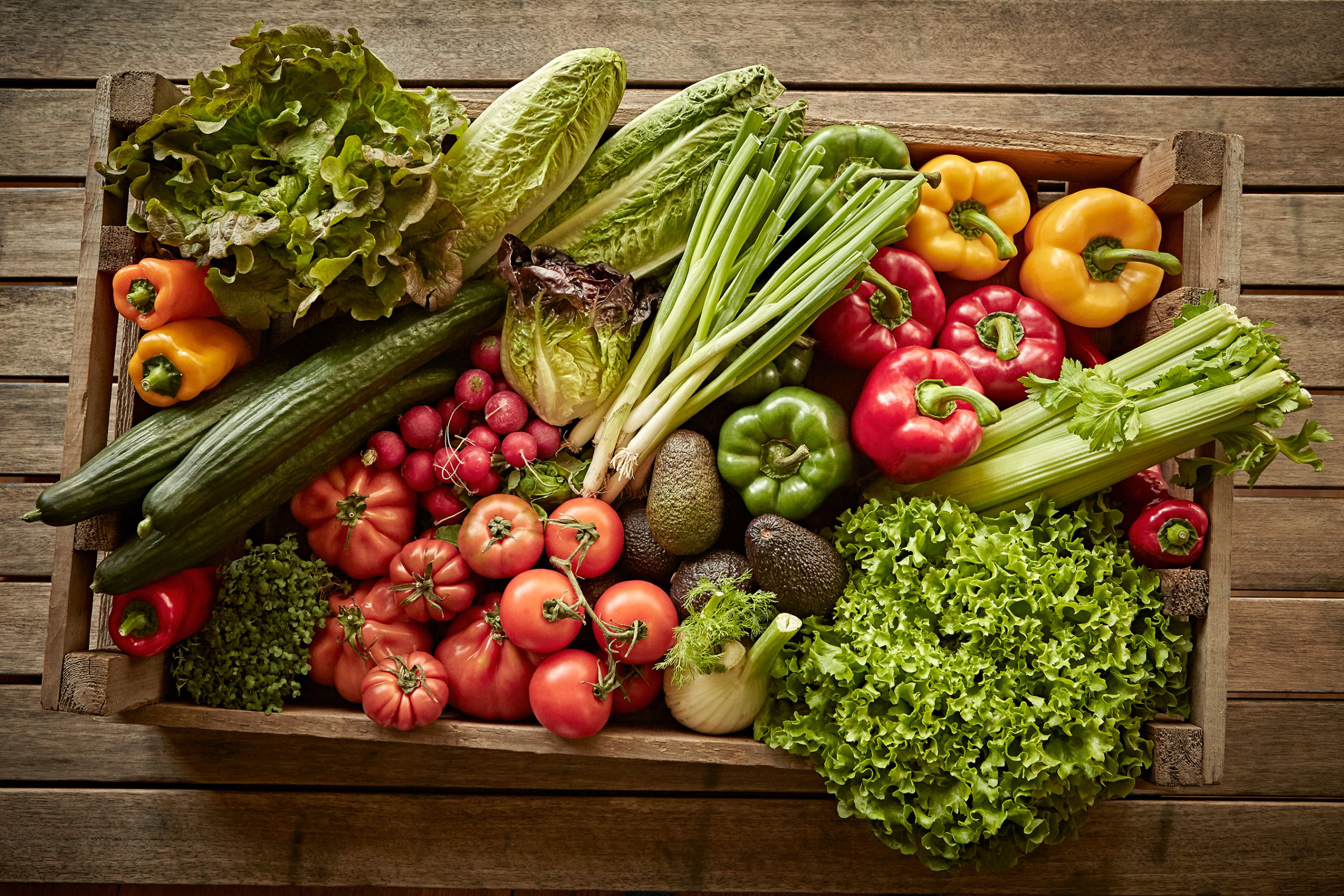Brazil was one of the countries where organic consumption grew amid the health crisis
Those who spent the last two years working remotely experienced a series of transformations, and one of them was in terms of food. If before lunch was fast food eaten in 15 minutes, the domestic space has brought another rhythm, with more food awareness and concern with the quality of nutrition.
That’s where organics come in, which had a boom in the pandemic period. Learn more about it and understand if this trend will continue.
Increase in consumption of organic food
A study by Ecovia Intelligence pointed to an increase of up to 40% in organic consumption during the pandemic in several places around the world. Apparently, covid-19 reinforced the maxim that “eating well is the best medicine”.
This may have been potentiated because the coronavirus took the world by surprise. Although the vaccine was developed in a record period, it arrived late for hundreds of thousands of people, so food was the bet of many: for a long period, self-care was the only form of prevention.
A survey prepared by the Organic Promotion Association (Organis) and the Brain consultancy reinforces the conclusion. One out of every four people believes that organic products have better quality, and 13% of respondents believe that the lower use of chemical pesticides is enough to encourage a change in habits. According to the survey, the most consumed organic items are vegetables (75%), grains and cereals (22%).
Not only has the consumption of organic products grown, but their logistics have changed during the pandemic. With the need to receive food at home, the production chain was shortened through instruments such as Pertim, which organizes the distribution of items in Greater São Paulo.
Ambiguity in organic growth
There seems to be no doubt about the preference for organic and the benefits of agroecological cultivation, but not all people can be part of this movement. While one sector takes advantage of the pandemic to improve the quality of food, another stratum disputes bone remains in huge queues. The deepening of social inequality explains the phenomenon.
According to Fundação Getulio Vargas (FGV), more than 26 million Brazilians fell into the poverty line during the pandemic. Inflation and unemployment are part of the scenario aggravated by covid-19, especially after the end of Emergency Aid.
Brazil’s return to the Hunger Map in 2021 also attests to the problem. This United Nations instrument ceased to be used in 2014, but experts in the area still apply its indicators, as they believe that they include more dense elements in the assessment, such as age and gender of the population.
This picture composes an ambiguous arrangement: more people take care of the quality of food while others struggle to survive.
Font: https://summitagro.estadao.com.br/noticias-do-campo/consumo-de-alimentos-organicos-cresce-durante-a-pandemia/










cultivation
13/08/2019 at 11:32
voluptatem accusantium doloreme laudantiuem totam rem aperiam, eaque ipsa quae ab illo inventore veritatis et quasi architecto beatae vitae dicta sunt explicabo. Nemreeo enim ipsam voluptatem quia voluptas sit aspernatur aut odit aut fugit.